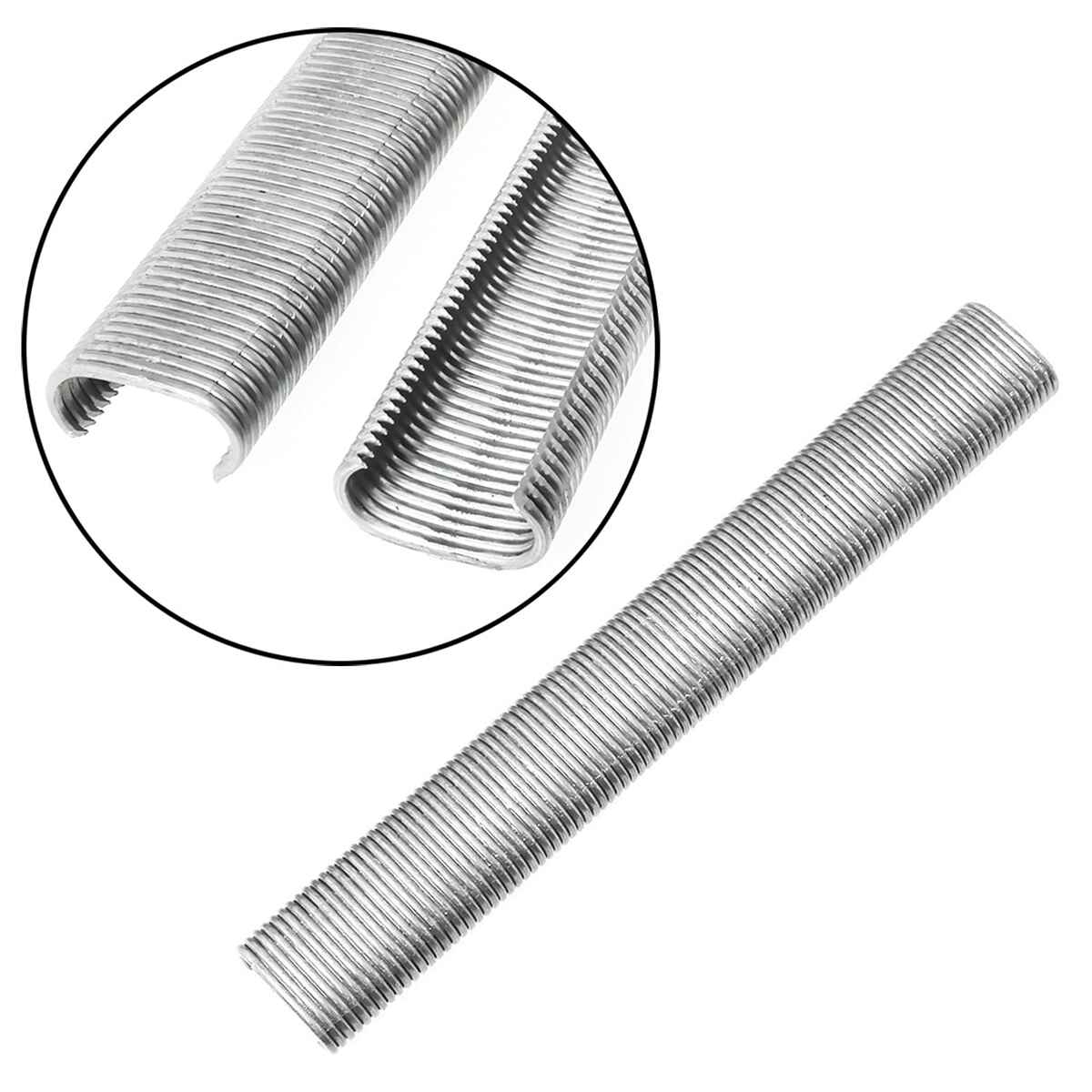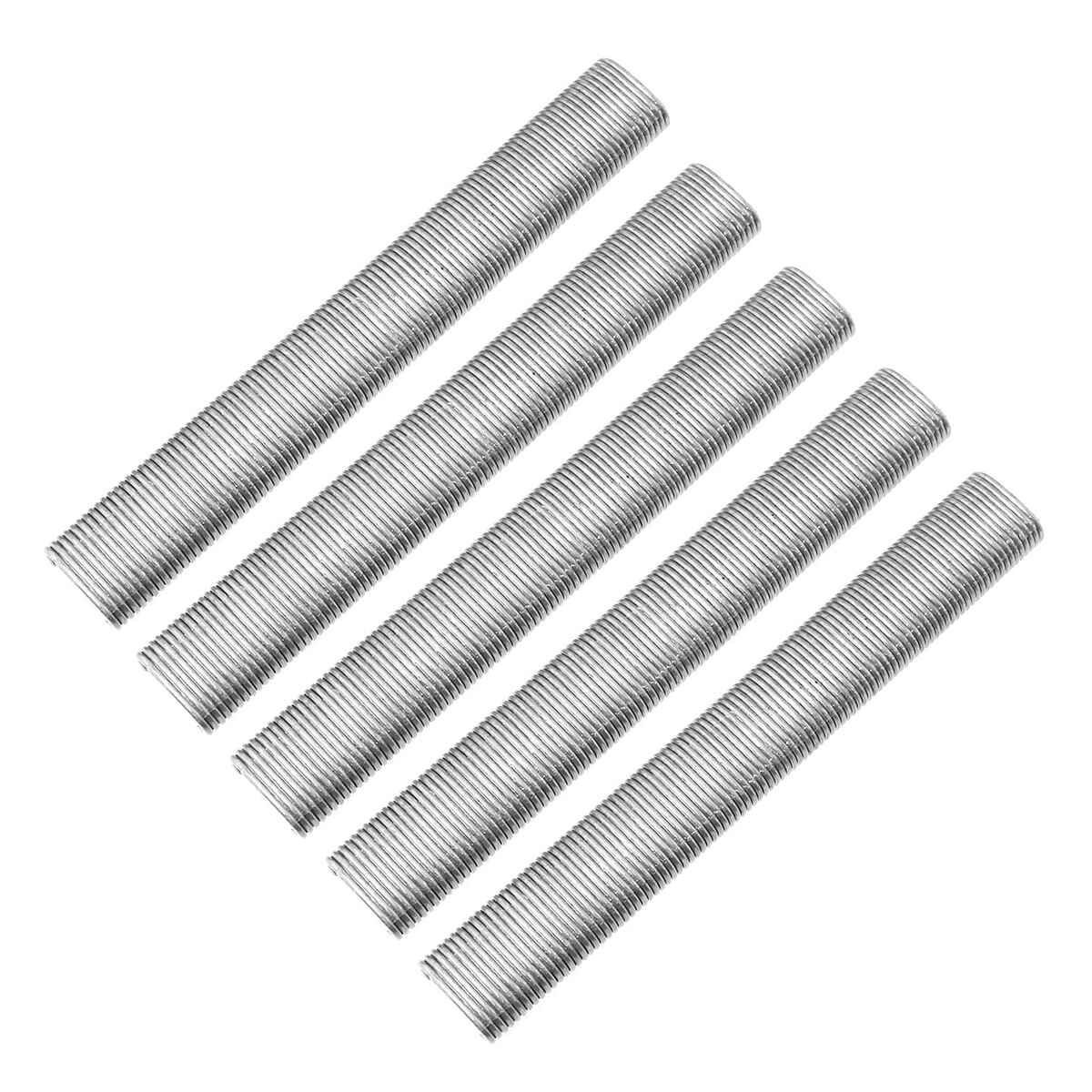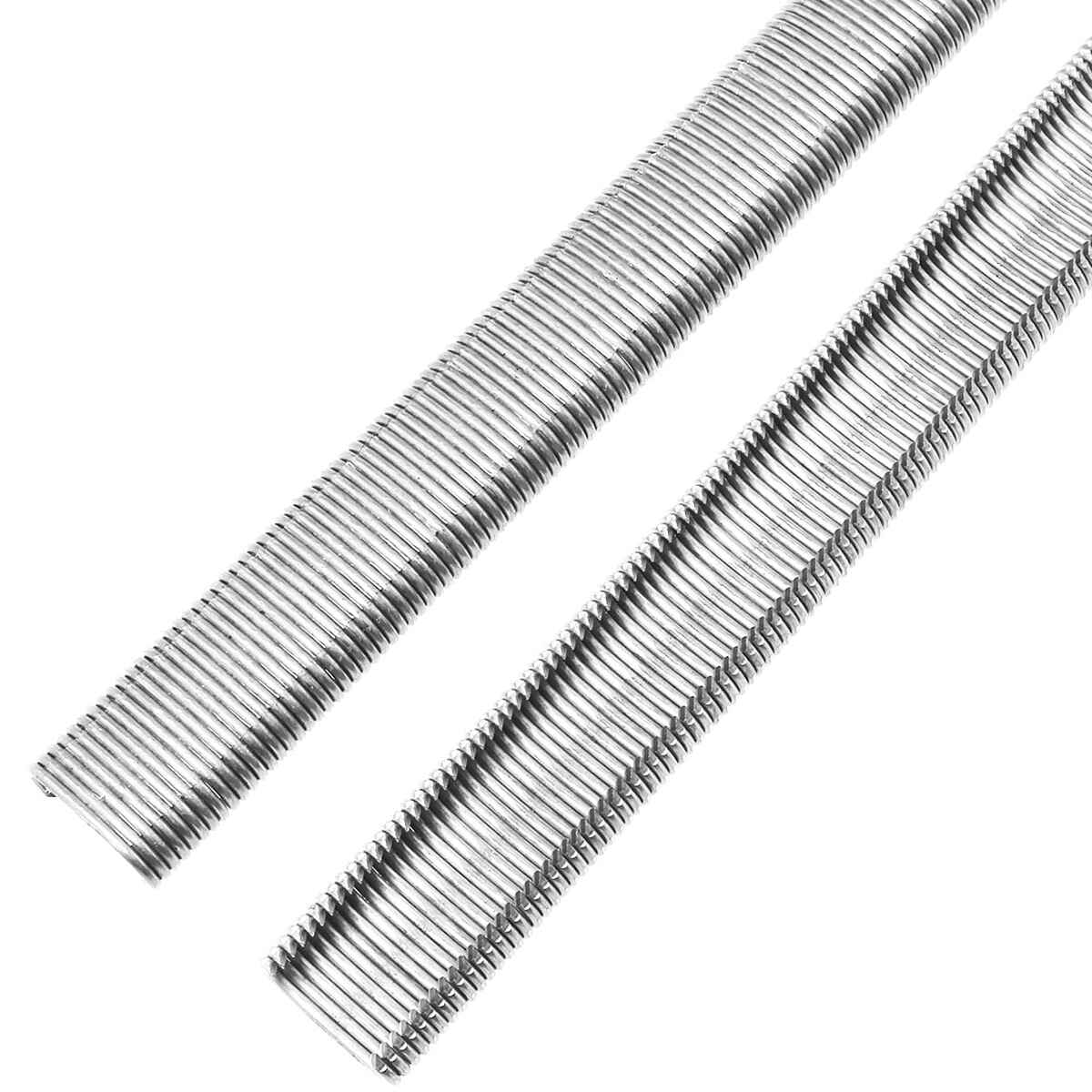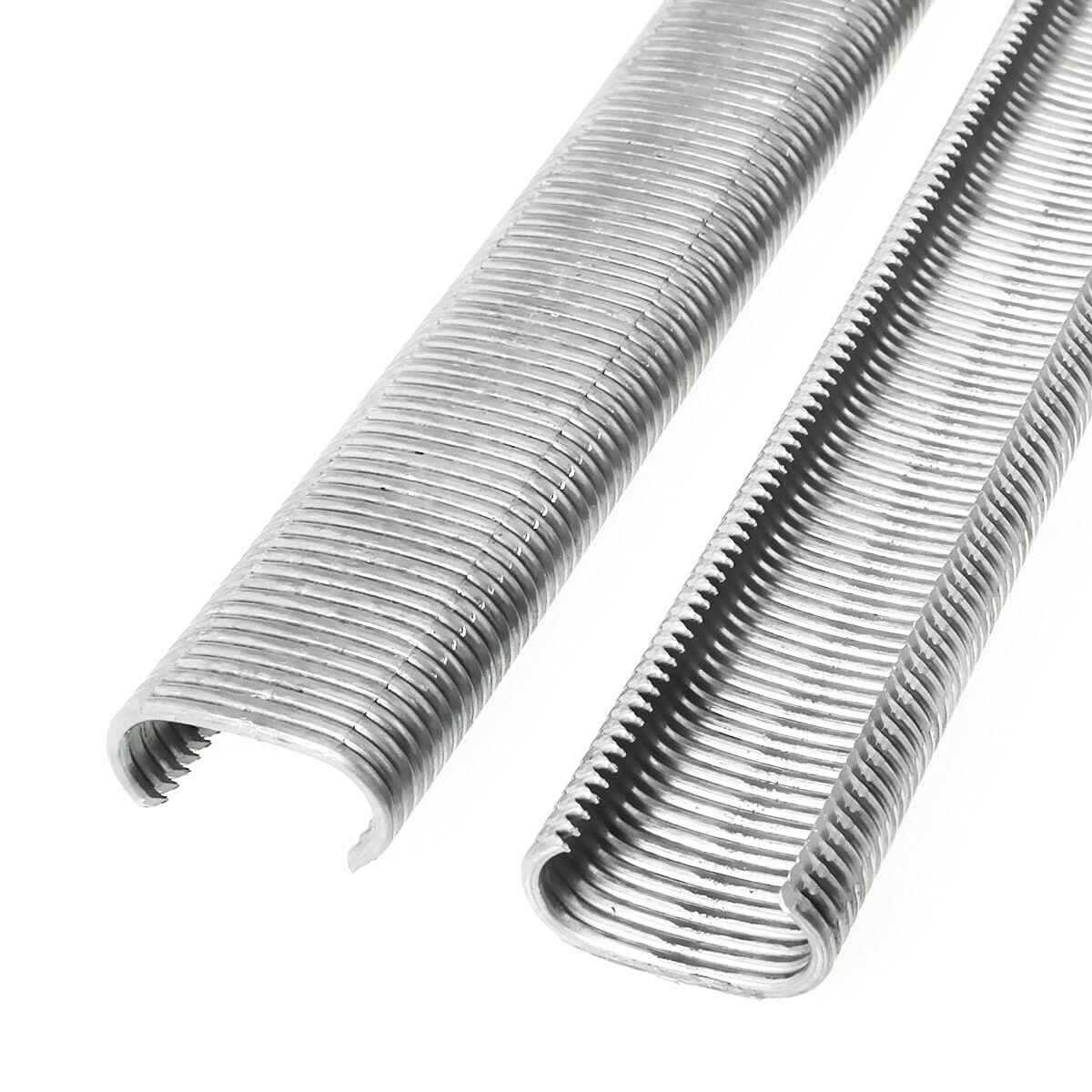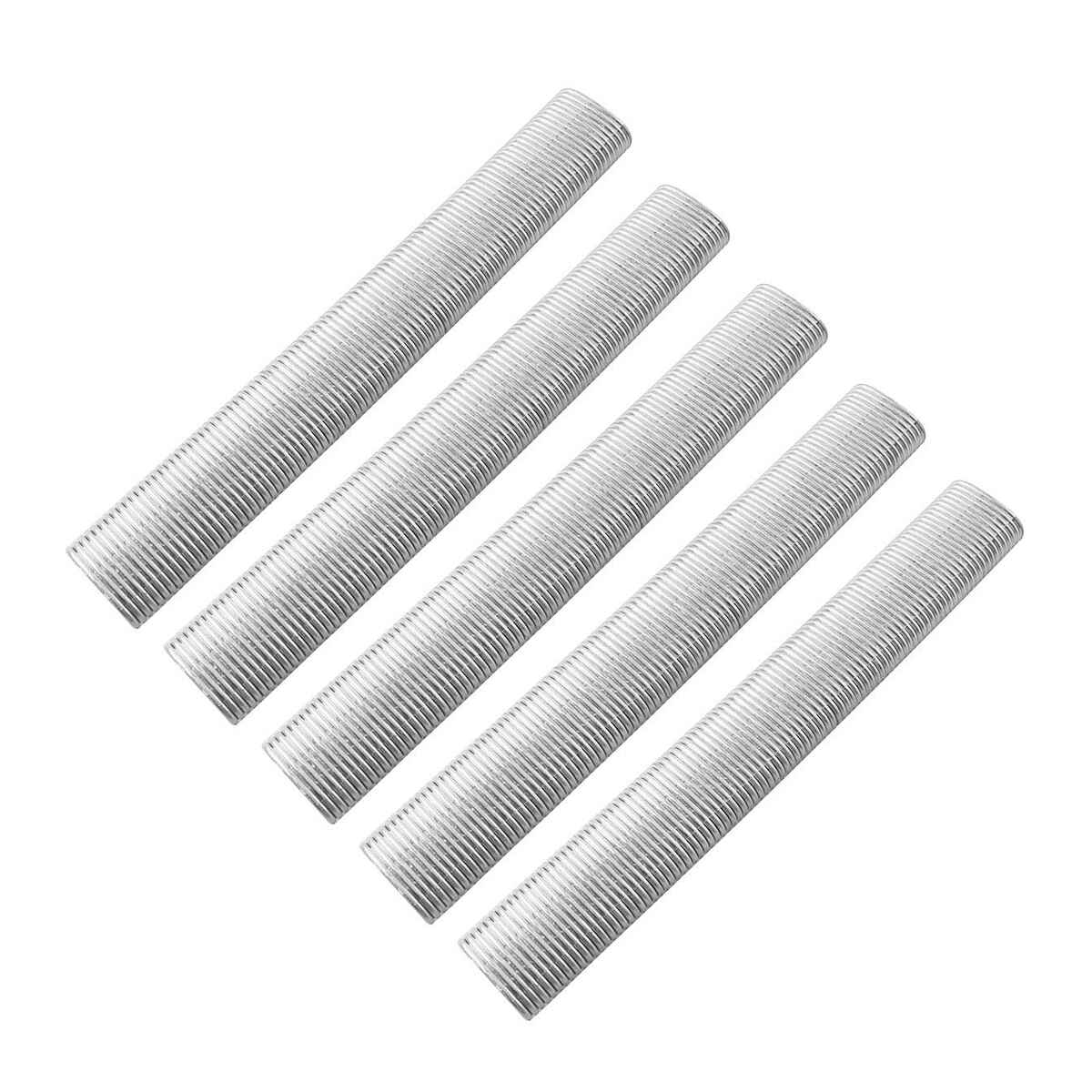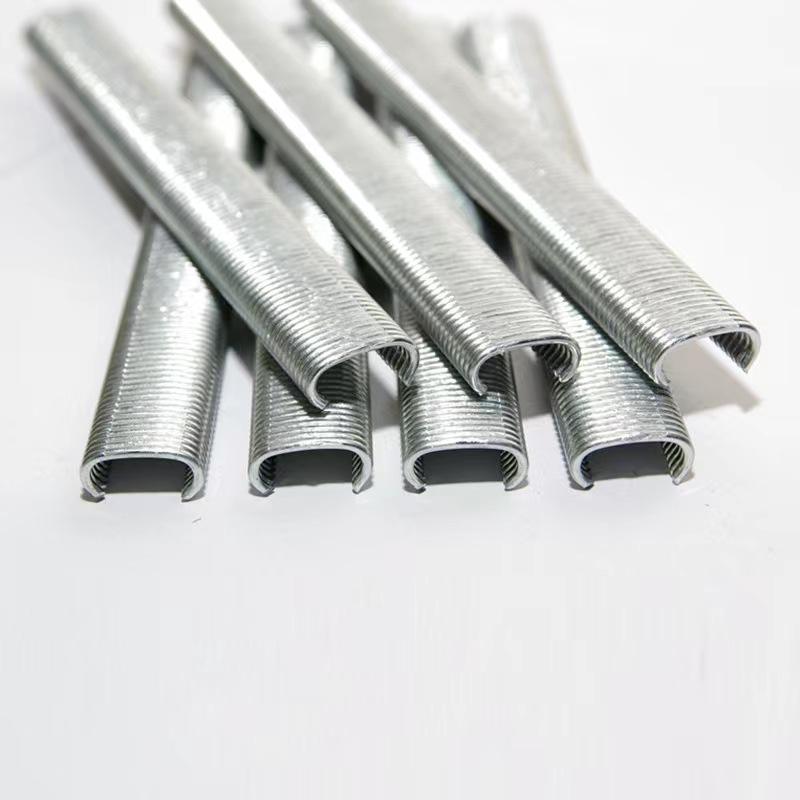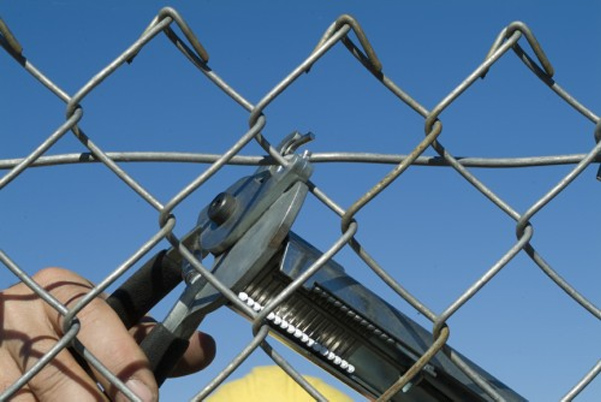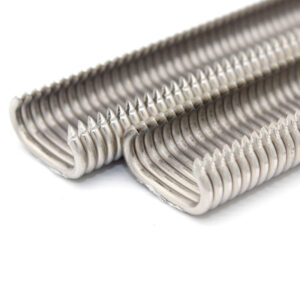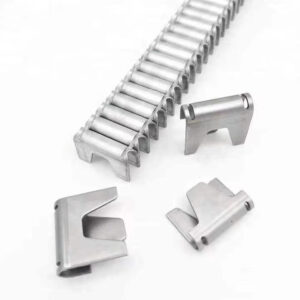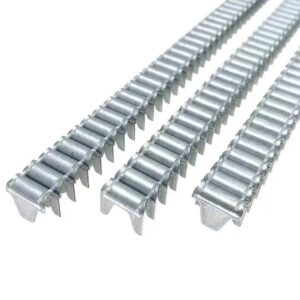Description
Hog rings for fencing are small but essential fasteners used to connect wire mesh, chain-link, or welded panels. These strong metal rings help secure the fencing structure in place, keeping it tight and durable over time. In this article, we’ll dive into their applications, advantages, how to pick the right type, and why customers prefer to work with us.
Benefits of Using Hog Rings for Fencing
Choosing hog rings for fencing comes with multiple advantages:
- Strong hold: Once crimped, they stay in place, offering reliable tension.
- Time-saving: Installation is quicker than tying wires by hand.
- Cost-effective: Affordable material and minimal tools required.
- Versatile: Work with various wire gauges and fence types.
Unlike cable ties or wire knots, hog rings offer longer service life and resistance to weather conditions when made of galvanized or stainless steel.
How to Choose the Right Hog Rings for Fencing
Selecting the right hog rings depends on a few key factors:
1. Material Type
- Galvanized: Best for outdoor use; resists rust and corrosion.
- Stainless steel: Ideal for coastal or high-humidity areas.
- Aluminum or plastic-coated: Good for lightweight tasks or aesthetic preferences.
2. Ring Size and Gauge
- Match the ring size to your fence wire thickness.
- Common sizes: 1/2”, 3/4”, and 1”. C12/C17/C24/C45
3. Open vs Closed Ring Types
- C-rings: Pre-formed and widely used.
- D-rings: Offer tighter closure.
4. Tool Compatibility
- Manual pliers are fine for small jobs.
- Pneumatic hog ring guns improve speed for commercial use.
Before buying, confirm compatibility between your tool and the ring type.
Common Problems and Their Solutions
Problem: Hog rings slipping or opening up over time. Solution: Use the correct ring size and material strength for your application.
Problem: Corrosion in outdoor fencing. Solution: Choose galvanized or stainless steel hog rings for better durability.
Problem: Difficult installation. Solution: Use a pneumatic tool or spring-loaded pliers for better grip and crimping.
Why Work With Us for Hog Rings?
We are a trusted manufacturer and supplier specializing in hog rings for fencing and fastening systems. Here’s why our clients prefer us:
- Quality control: Our rings meet strict industry standards.
- Wide product range: From C-type to D-type rings, in various materials and sizes.
- Fast delivery: Stocked inventory ready for dispatch.
- Support: Pre- and post-sale customer service.
- Custom packaging: Options available for wholesale buyers.
Whether you need hog rings for farm fencing, industrial cages, or construction, we offer flexible solutions.
Tips for Installation and Best Practices
- Always wear gloves and eye protection during installation.
- Use the correct tool for the size and shape of your hog rings.
- Space the rings evenly to maintain tension across the fence.
- Check periodically for any signs of wear or rust, especially in outdoor environments.
Maintenance and Longevity
To make your fencing last longer:
- Use weather-resistant rings.
- Avoid bending or over-crimping.
- Replace damaged rings immediately.
- Store unused rings in dry conditions.
Proper maintenance can extend the life of both your fence and the fasteners.
Frequently Asked Questions
Q: Can I use hog rings for electric fencing? A: Not recommended. Use dedicated insulators and connectors.
Q: How many hog rings do I need for a 100-foot fence? A: Typically 1 ring per foot for general fencing. Adjust based on fence type.
Q: Can I reuse hog rings? A: No. Once crimped, they should not be reopened.
Hog rings for fencing are simple but vital. With the right choice of material, size, and tool, they offer strong, lasting connections in many settings. Whether you are a DIY user or a commercial buyer, understanding these small components can make a big difference in the strength and durability of your fence.
Partner with us to get the best product and support in the market. Our fencing hog rings help you build stronger, faster, and smarter.

